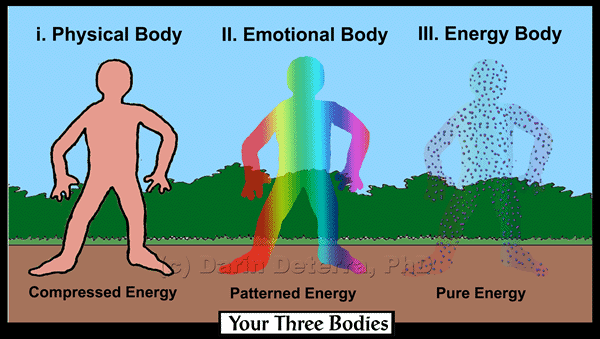Although little scientific study has been done with regards to the effects of meditation on the internal body processes and the mind, it is well known that science makes efforts in this direction.
A recent study done by American, Spanish and French researchers has managed to prove that mindfulness meditation has beneficial health effects, and they have also conceived in showing how it actually affects the body.
The study revealed something no scientist has ever even imagined, namely that there are specific molecular changes in the body after a period of mindfulness meditation.
For the study they used two groups of people, one groups consisted in experience meditators who were asked to do a day’s worth of intense mindfulness meditation and a control group who engaged in non-meditative but quiet activities through the day.
The effects showed themselves 8 hours later when the meditators showed a range of molecular and genetic differences. These differences referred specifically to altered levels of gene-regulating machinery and reduced levels of pro-inflammatory genes that are directly correlated with faster physical recovery from a stressful situation.
According to Richard J. Davidson, the author of the study and founder of The Center for Investigating Healthy Minds, this is the first paper that shows rapid alterations in gene expression within subjects associated with mindfulness meditation practice.
The study was published in the journal Psychoneuroendocrinology and it may have a very important impact on the treatment of inflammatory disorders not as a prevention intervention, but as a possible biological mechanism for therapeutic effects.
The pro-inflammatory genes RIPK2 and COX2 and other histone deacetylase (HDAC) genes that have been implicated in inflammation showed a down-regulation activity and this was associated with a more rapid cortisol recovery when the participants were exposed to a social stress test.
The researchers insisted on the idea that there were no differences in tested genes between the 2 groups that participated in the study, but they were pretty visible and measurable after the 8 hours of mindfulness meditation.
In the end, the study showed that mindfulness meditation specifically affected certain regulatory pathways. The study was conducted at the Center for Investigating Healthy Minds at the UW-Madison Waisman Center and didn’t aim to show weather there are any effects of long-term mindfulness meditation from those of a single day of practice. However it backs up the idea according to which mindfulness practice can lead to epigenetic alterations of the genome.










Interesting